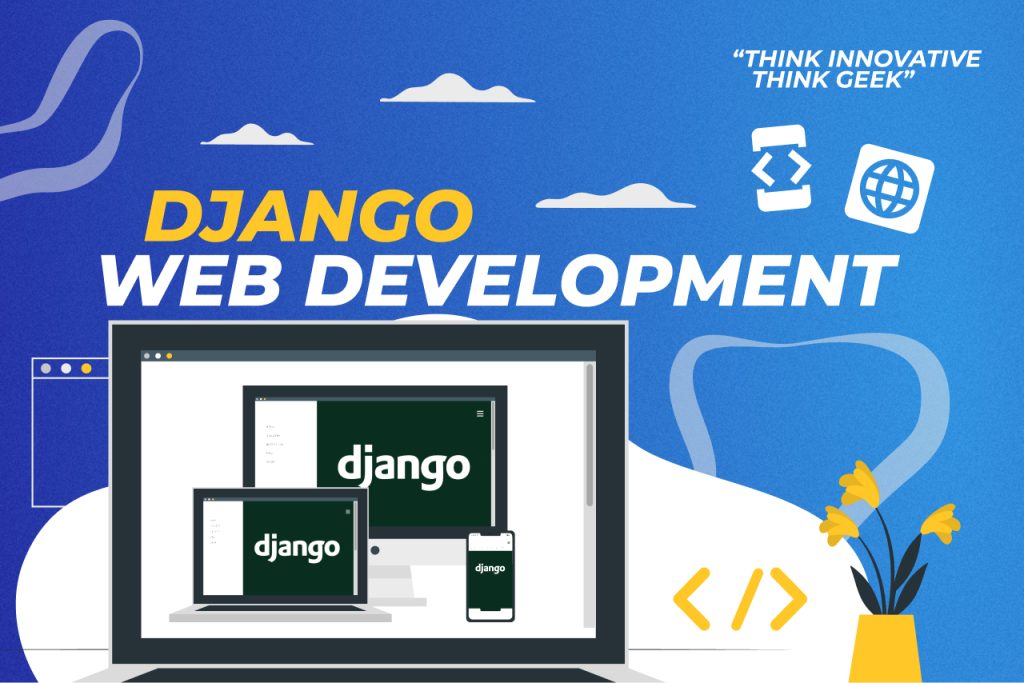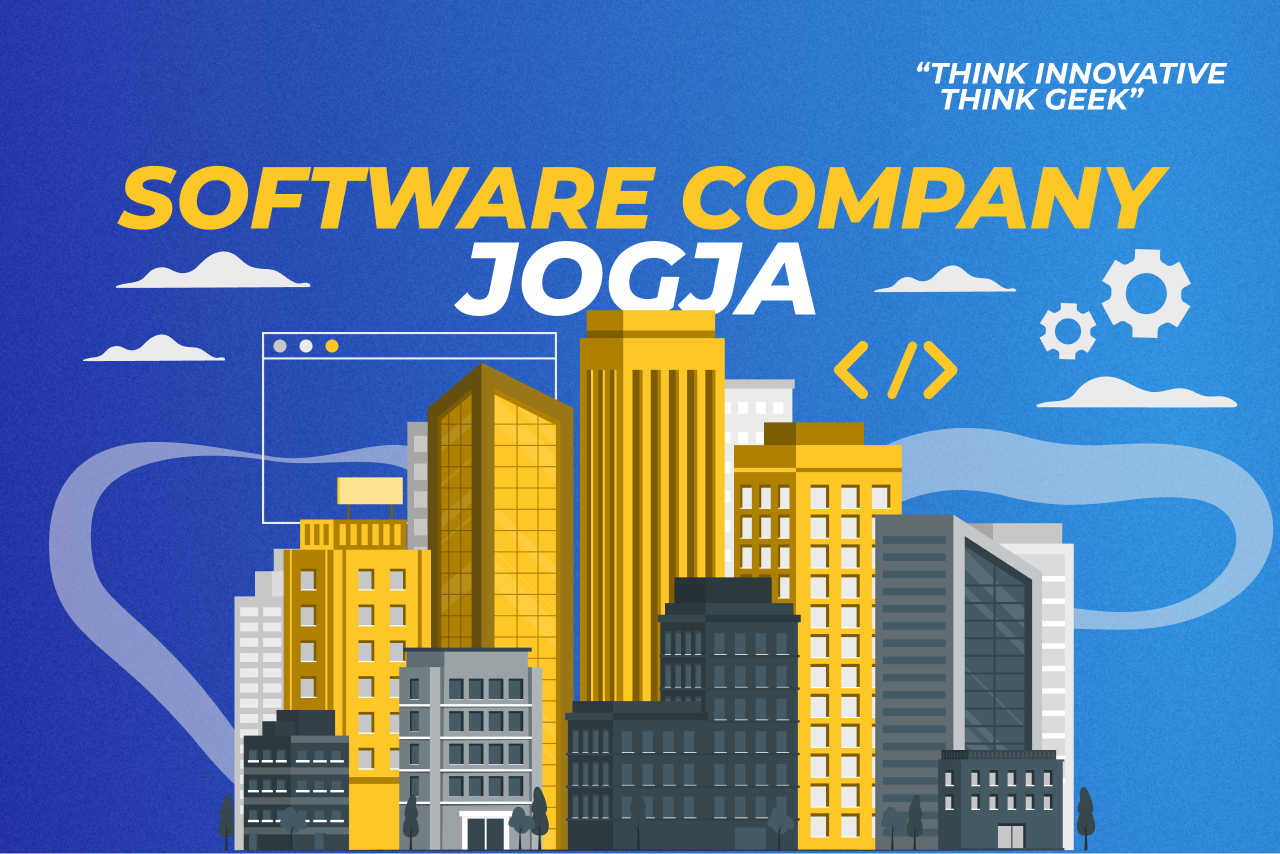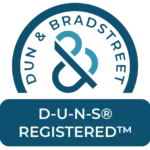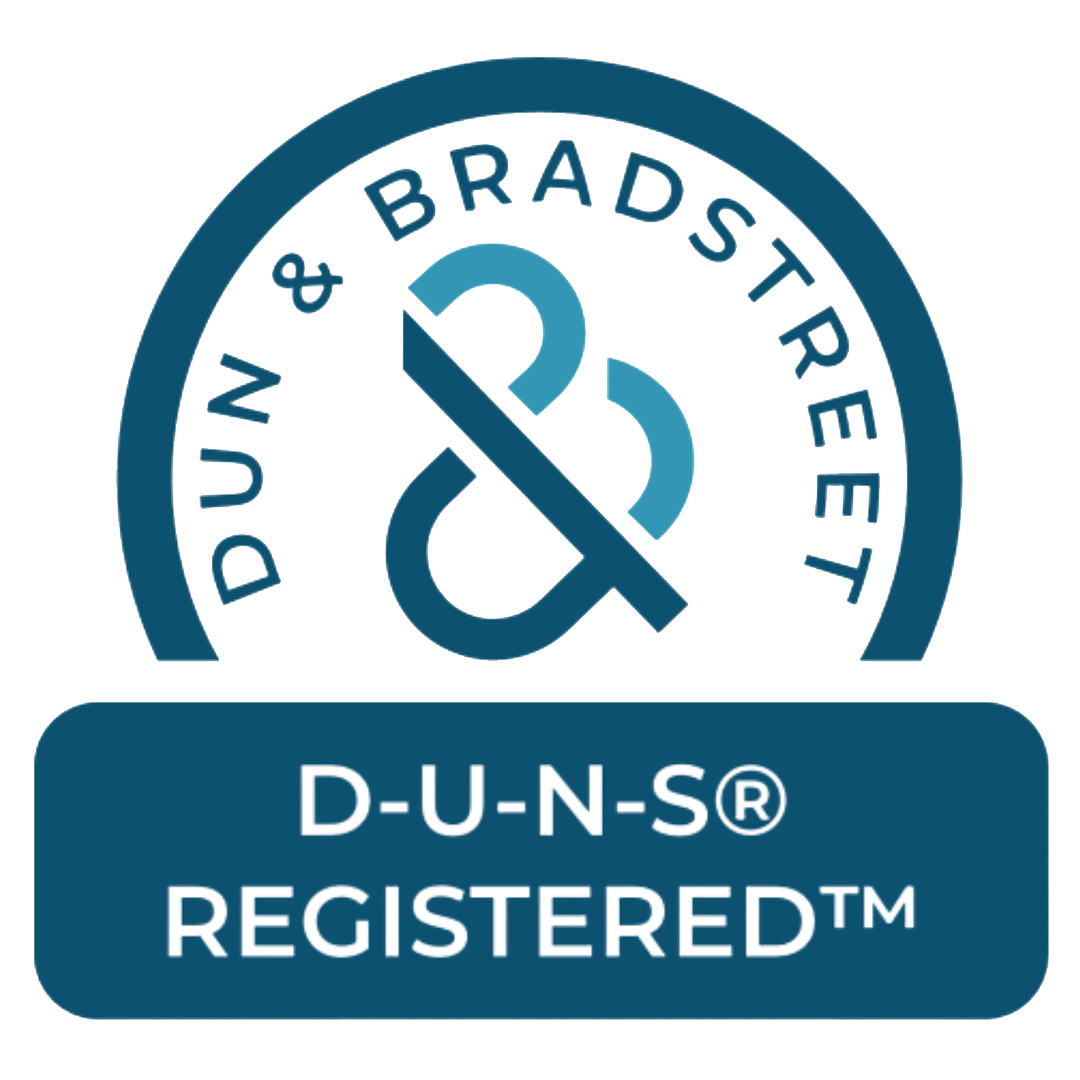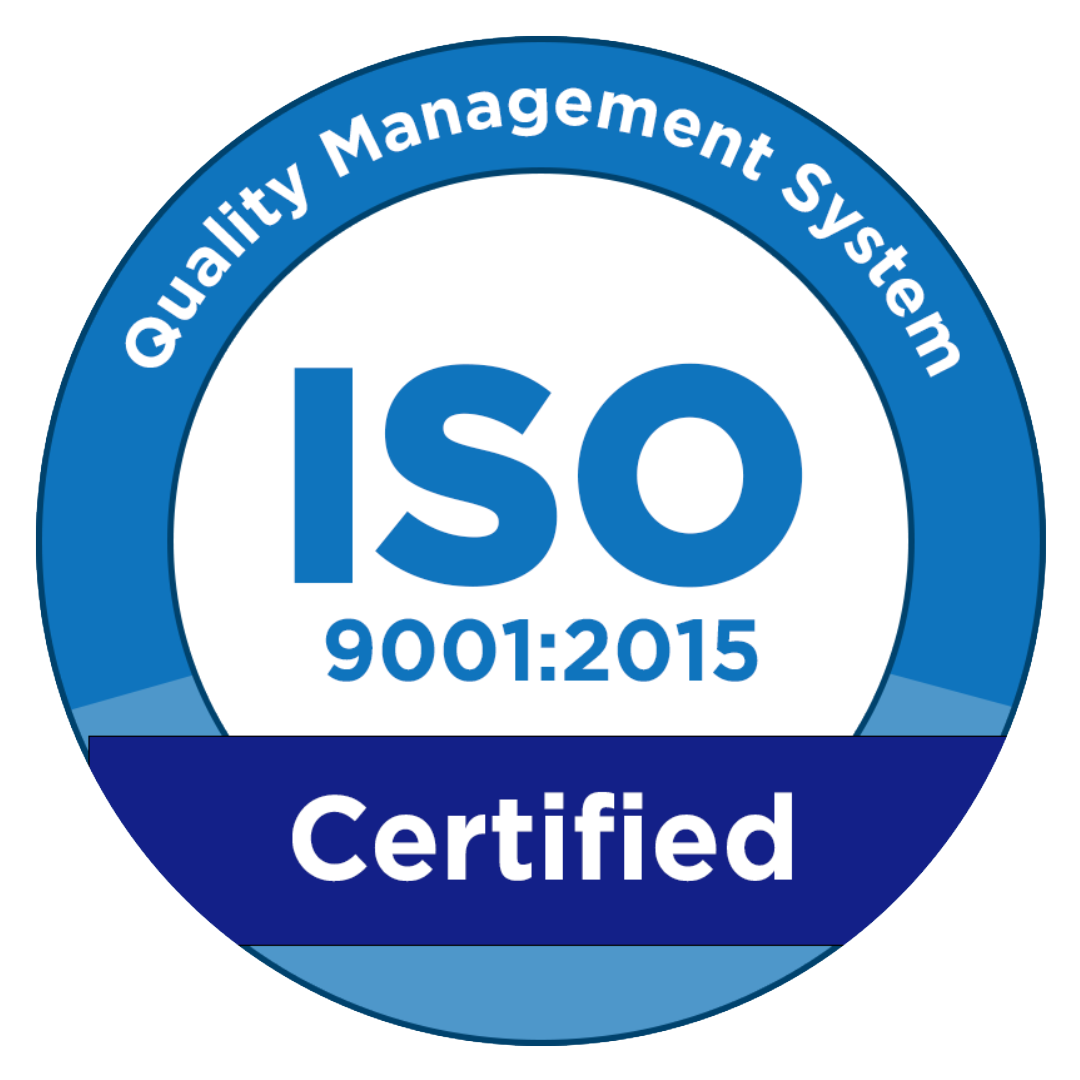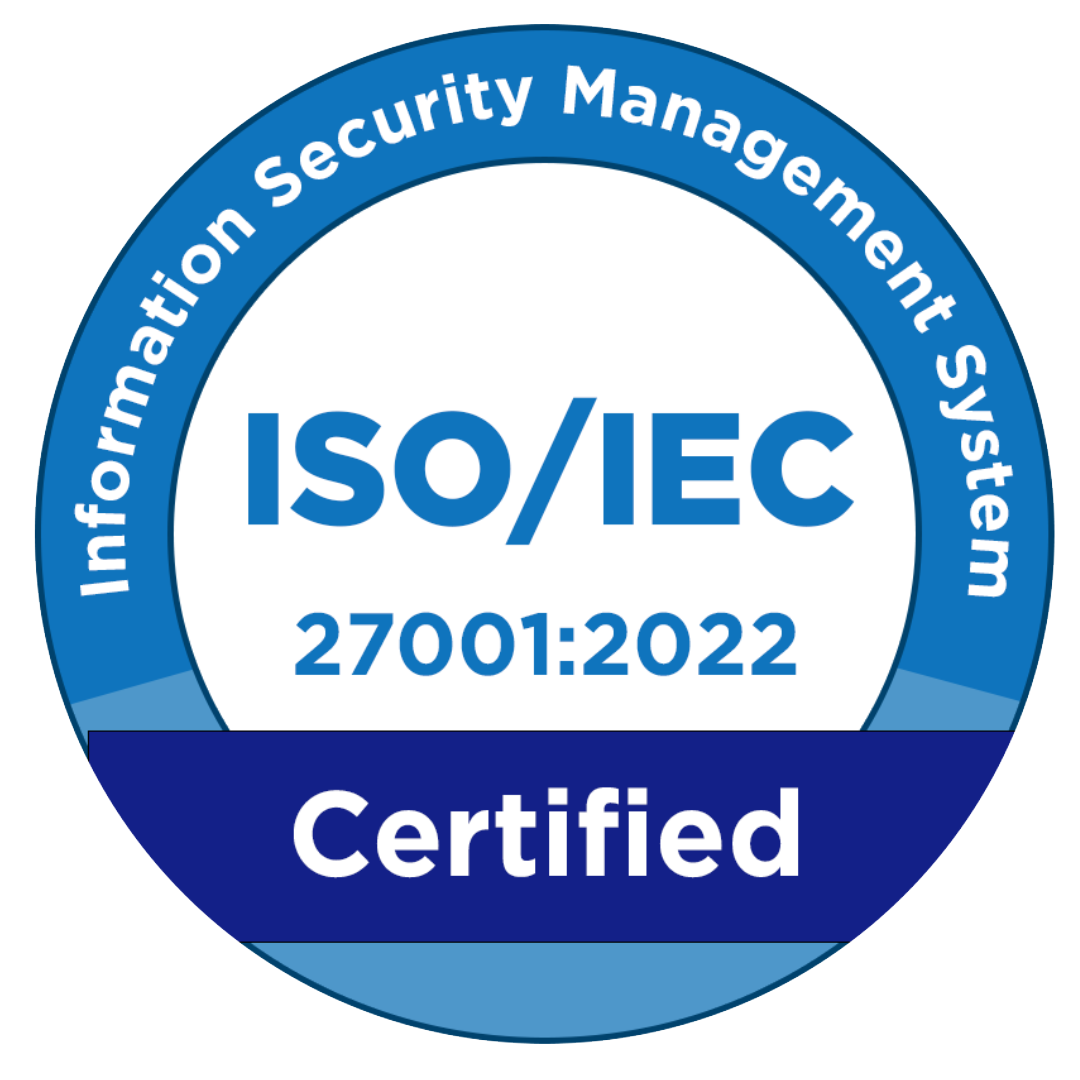In today’s digital era, having a fast, secure, and reliable application is no longer optional—it’s a necessity. One of the most popular and widely used frameworks to achieve this is the Django Web Framework. This framework offers developers a robust solution for building efficient and scalable applications quickly.
In this article, you’ll discover the key advantages and benefits of Django web development, and why it might be the right choice for your next digital product.
What is Django Web Development?

Django is an open-source web framework built with the Python programming language. It was first released in 2005 by a group of developers with the aim of making web development faster, cleaner, and more structured.
Django is widely known in the developer community for its “batteries included” philosophy. This means that Django comes with most of the essential tools and features needed to build a fully functional web application—no need to install dozens of extra libraries.
What Are the Advantages of Django Web Development?
As the demand for more interactive and secure web applications increases, Django emerges as a balanced solution that combines ease of use with powerful, enterprise-ready features.
Django is an excellent framework for a wide variety of web applications—from e-commerce systems and analytics dashboards to real-time data-driven platforms. It also integrates well with other technologies such as machine learning, artificial intelligence (AI), and data analytics. Let’s take a closer look at some of the main advantages of using Django:
1. Security as a Priority
One of Django’s most notable strengths is its focus on security. Django automatically protects your app from common web threats like SQL Injection, Cross-Site Scripting (XSS), Cross-Site Request Forgery (CSRF), and Clickjacking.
This is especially valuable for businesses and startups that handle sensitive customer data, such as e-commerce platforms or applications with user authentication.
2. High Scalability
Django is built to scale. This means it can handle increasing traffic and growing datasets without performance bottlenecks.
Many large-scale applications, including Pinterest and Instagram, use Django because of its proven ability to serve millions of active users daily.
3. Extensive Built-in Features
Django comes with a rich collection of built-in tools that simplify and speed up development, from prototyping to production. These include an admin interface, ORM, URL routing, and a templating system, making developers more productive and efficient.
4. Active Community and Comprehensive Documentation
Django has a large, vibrant community of developers. This means you’ll always find help, plugins, and solutions when facing technical issues. Django’s documentation is also known for being detailed and beginner-friendly, with regular updates to meet modern development needs.
5. Comparison with Other Frameworks
Compared to frameworks like Laravel (PHP), Django is known for its performance stability and ease of debugging. While Laravel excels in flexibility, Django often outperforms it in terms of consistency, scalability, and robust development architecture.
What Are the Main Components of the Django Framework?
Django is designed using the MTV architecture (Model-Template-View), which separates data logic, presentation, and application control. Let’s explore its key components:
1. Model
The model handles the data structure and business logic of the application. In Django, you define your database tables and relationships using Python classes. Django’s Object-Relational Mapping (ORM) makes it easy to perform CRUD operations without writing raw SQL.
2. Template
Templates manage the presentation layer (frontend) of your web application. Django’s templating language allows developers to create dynamic HTML pages using simple syntax.
3. View
The view acts as a bridge between the model and the template. It contains the logic for retrieving data from the model and passing it to the appropriate template for rendering.
4. Admin Interface
One of Django’s most beloved features is its built-in admin interface, which allows developers and content managers to manage app data just by defining models.
5. URLconf
Django also offers a flexible URL routing system that maps URLs to views. This makes it easier to build a clean, maintainable URL structure for your web application.
Optimize Your Web Development with GeekGarden
Building an innovative web application requires more than just a great idea—it needs a solid technical foundation. Django Web Development offers a structured, secure, and scalable framework suitable for all types of projects.
Whether you’re a startup looking for rapid validation or an enterprise aiming for a long-term, sustainable system, Django is a smart investment.
As a final note, the GeekGarden IT team recommends following best practices, such as using a virtual environment and conducting regular testing, to minimize risk and avoid technical debt. Consult with us today to explore Django-powered solutions that can accelerate your business growth!
Author: Sari Dewi (Content Writer)



